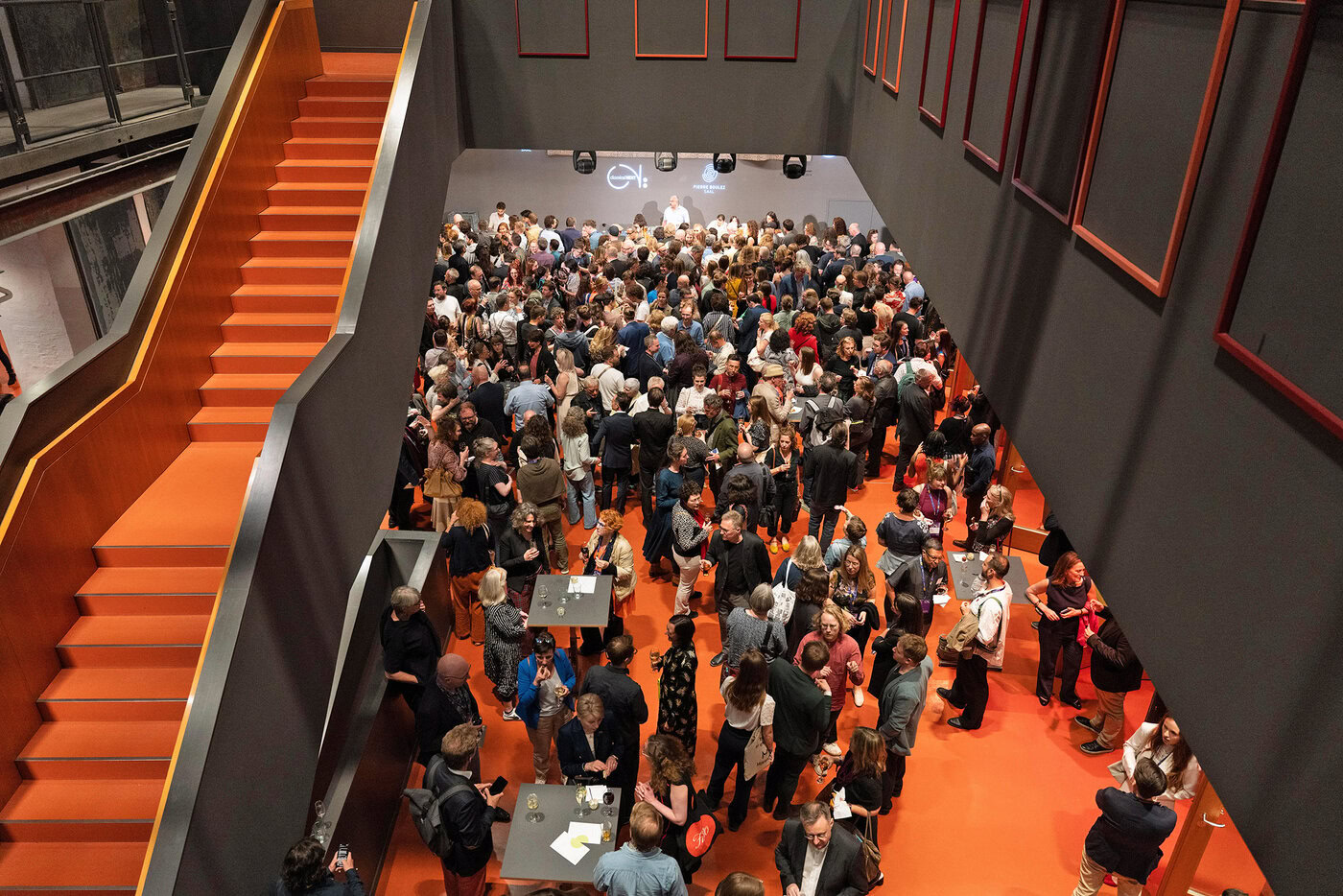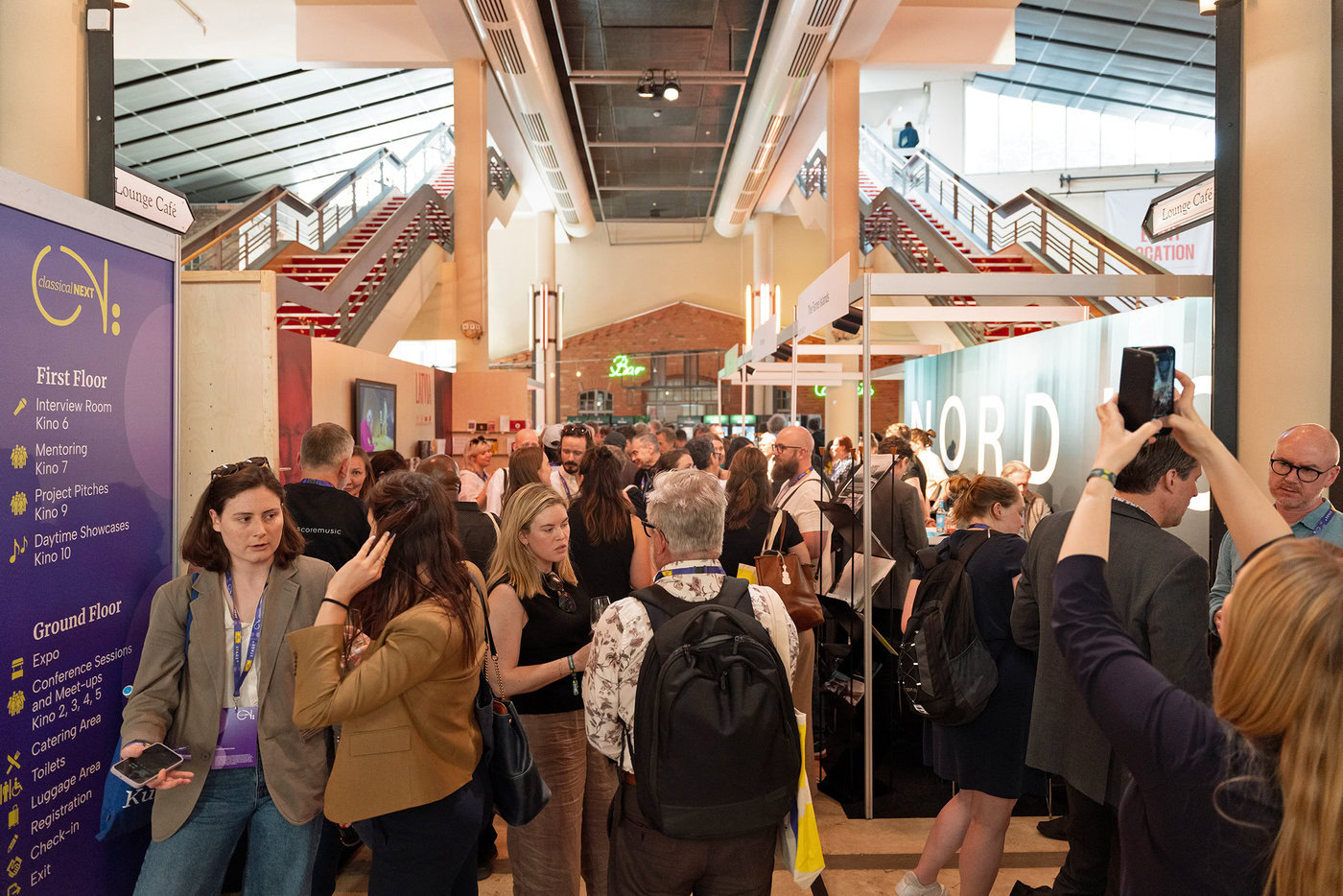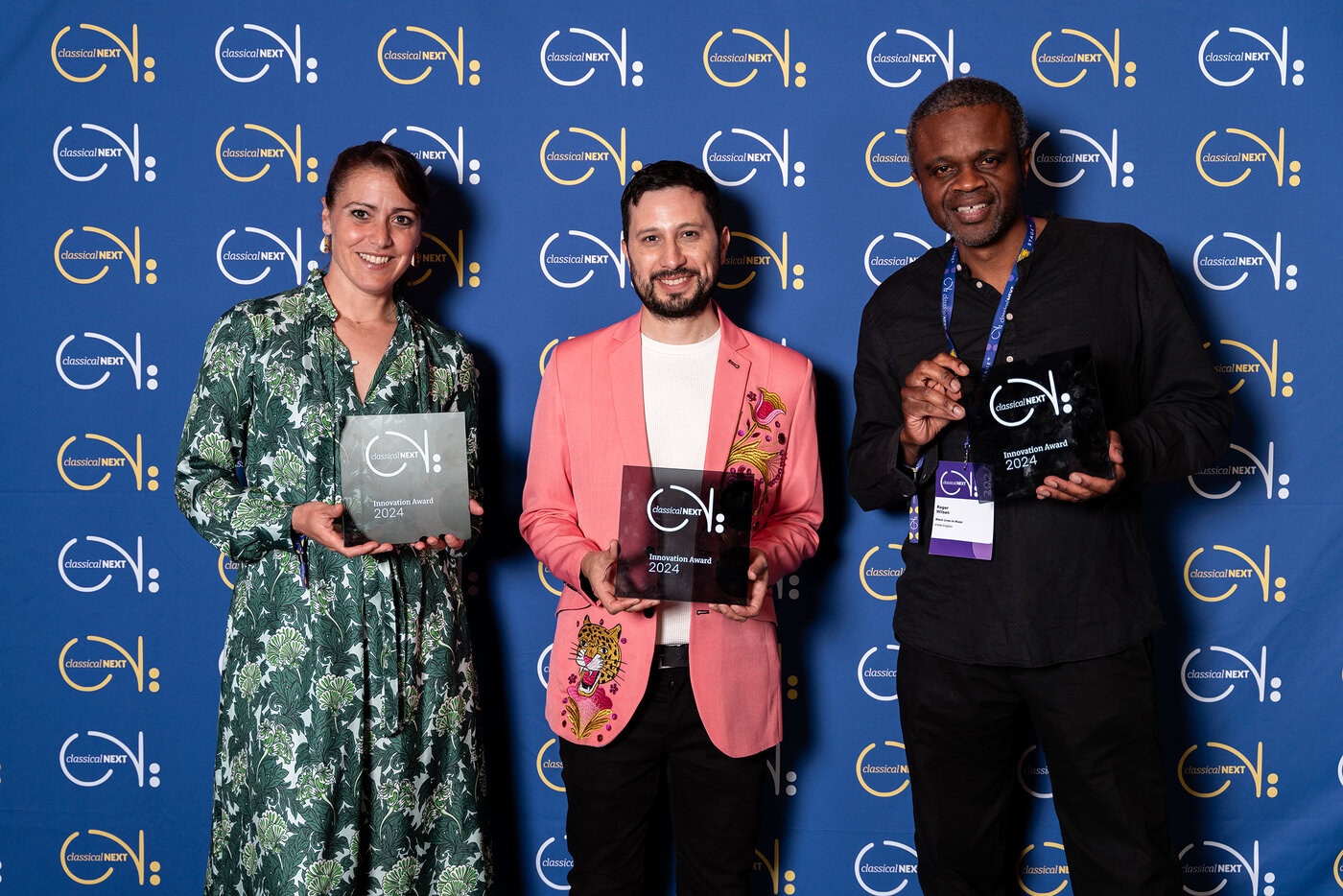The classical music industry and its pressing issues
The international Classical:Next meeting took place in Berlin for the first time. More than 1400 people from 49 countries took part in the intensive networking and educational program from 13 to 17 May 2024 - but only a few from Switzerland.
After a successful past in Rotterdam, the detour to Hanover was not particularly successful. In Berlin, the organizers hoped to find a suitable environment with the active support of Berlin's cultural policy. The eleventh edition of Classical:Next was successfully held in the old Colosseum cinema in Prenzlauer Berg and at Holzmarkt in Friedrichshain, complemented by a trade fair at which national cultural organizations, organizers and service providers presented themselves. A wide range of contemporary music was presented in 16 showcase concerts and 21 project pitches, from the wonderful Oorkaan ensemble from the Netherlands to immersive XR music theater and the "dancing" chamber orchestra Geneva Camerata.

The world's largest industry meeting for professionals in the diversified cultural field of "classical music" posed questions that were already relevant in the past in a new and more pronounced way: Who are the partners in our network? Who can share meaningful input on a European level? What can established institutions, universities, theaters or concert halls actually offer young ensembles and their audiences? The numerous young cultural leaders asked questions about the responsible use of digital (user) data, sustainable career planning, other models for competitions or inclusive personnel management, for example when filling new orchestra positions.
The future of the industry
Numerous contributions to the dense conference programme with more than 30 international sessions revolved around topics such as organizational change management, audience development, artificial intelligence and questions of best practices in general. The motto "The future of classical music" is understood as a work assignment, as the industry fortunately does not see itself called into question, be it ensembles, music centers or universities. However, many of the participants expressed caution with regard to the looming shifts in political conditions.

Out of the drawers
The previously expressed need to open up genres was voiced with considerable vehemence. For the Australian musician Xani Kolac and the head of the Nonclassical label Gabriel Prokofiev from London, genre fluidity is already a successful working reality - after years of "unlearning" the specialization still required at universities. The fragmentation of the audience is a fact that is countered in different ways: target group-specific communication (some get their opus number details, others a Tiktok snippet), community projects and still popular: the unusual concert venue. On the one hand, categorization is an obstacle to tapping into new audience segments (and who likes crossover?), on the other hand, it is still necessary to make oneself understood to sponsors. It is probably tacitly hoped that this discrepancy will diminish over time, as the new generation of audiences is changing concert traditions anyway.
Initiating ecological behavior from above
The issue of sustainability in the classical music business is gaining in urgency. Climate ambassador Lea Brückner organizes Green Monday concerts in the regular season program of the Tonhalle Düsseldorf, in which a concrete CO2-reduction is planned and realized with the house and the audience. The Ludwigshafen Sustainable Impact Model is looking for ways to expand the impact of the annual classical music season and to meaningfully supplement the one-dimensional key figure of "annual capacity utilization". Such a change in attitude is only sustainable and convincing if institutions decide to act from the top - concert tours, where CO2-emissions are not the main factor. Audience behavior can only be positively influenced if event organizers make a serious and demonstrable effort to reduce their ecological footprint.
Opening up against dwindling support
On the opening evening in the Pierre Boulez Hall, Berlin's Senator for Culture Joe Chialo had words of praise and encouragement - but overall, there were reports of declining support in numerous discussions. Nevertheless, the classical music industry with its various players should make cultural platforms available for discourse, open up the spaces of (urban) society and the performers should see themselves vehemently as creators of a "cultural experience" ecosystem.
Classical:Next Innovation Awards 2024 went to Extensión Usach (a music department belonging to the University of Santiago de Chile that offers numerous free concerts in disadvantaged neighborhoods), the US-based Gateways Music Festival and The Sound Voice Project from England, which deals with the stories of people with voice loss.
The absence of the Swiss music industry was conspicuous; one can only hope that ways (and means) will be found to fill this international platform with high-caliber ambassadors of the local scene again. The next Classical:Next will take place again in Berlin from May 12 to 15, 2025.









